In this second podcast episode of a 4-part series, haematologists continue to explore different clinical scenarios and challenges in managing thrombosis.
In this conversation, they discuss how to treat thrombosis in patients with cancer, covering:
-
When and how to use heparins and/or direct oral anticoagulants (DOACs)
-
The benefits of primary thromboprophylaxis and its efficacy in various tumour types
-
How the patient's involvement could result in an improved quality of life
E-learning
After listening to the podcast series, take the e-learning assessment to test your knowledge and earn CME credits.
Clinical takeaways
-
Heparins and/or DOACs are safe and efficient in treating thrombosis in cancer patients
-
Primary thromboprophylaxis is efficient in selected cancer patients but still remains a matter of debate for the majority of tumours
-
To improve quality of life, it is important to involve the patient in the treatment decision-making process
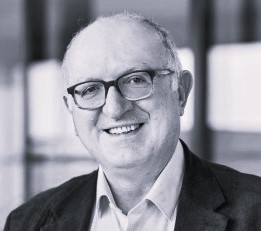
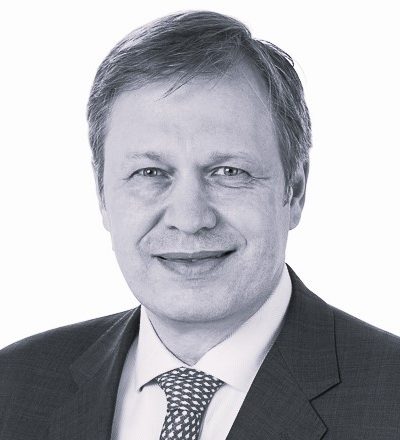


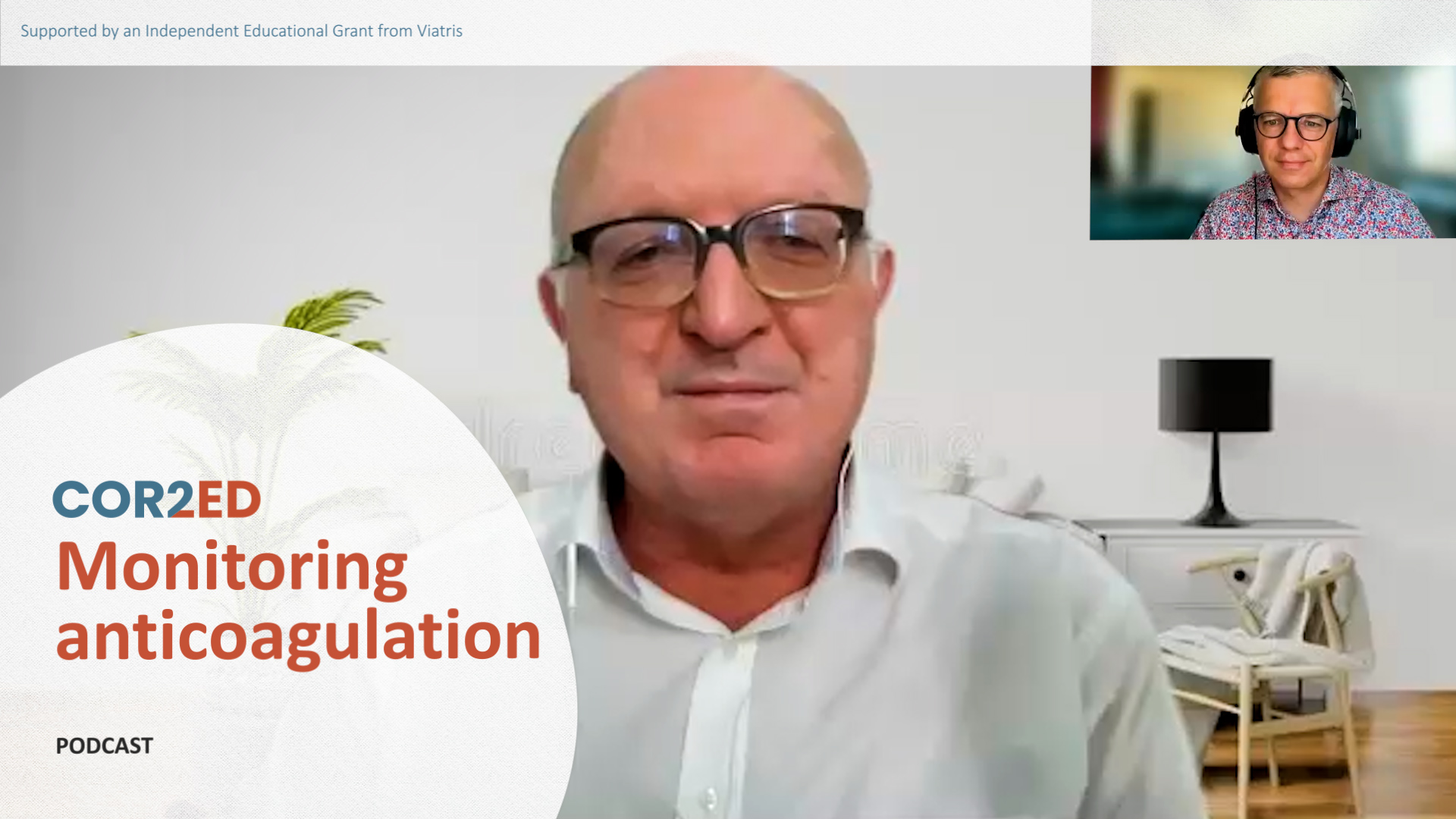
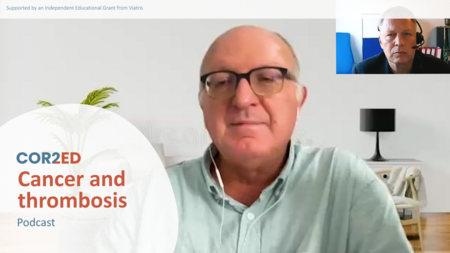
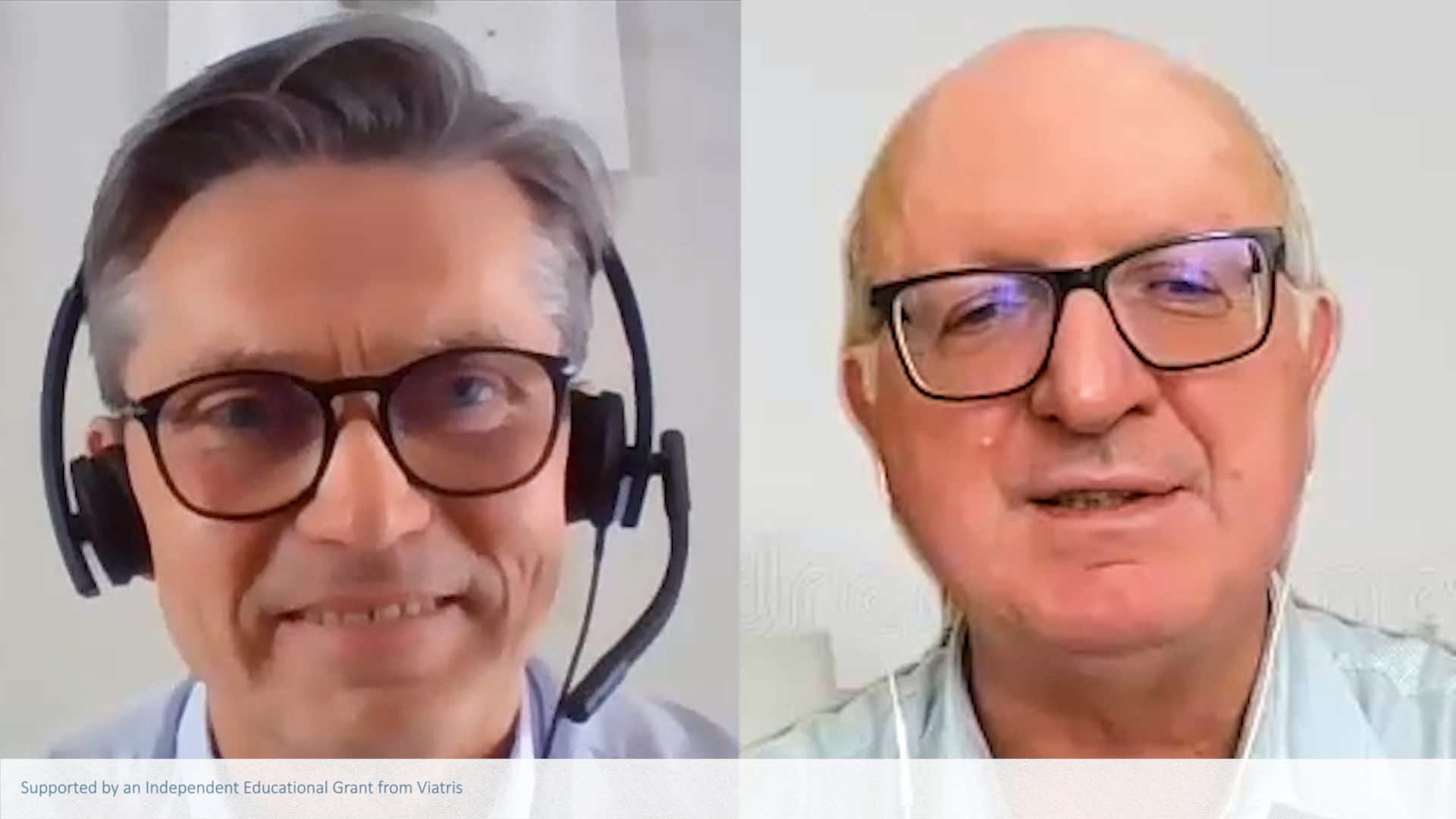
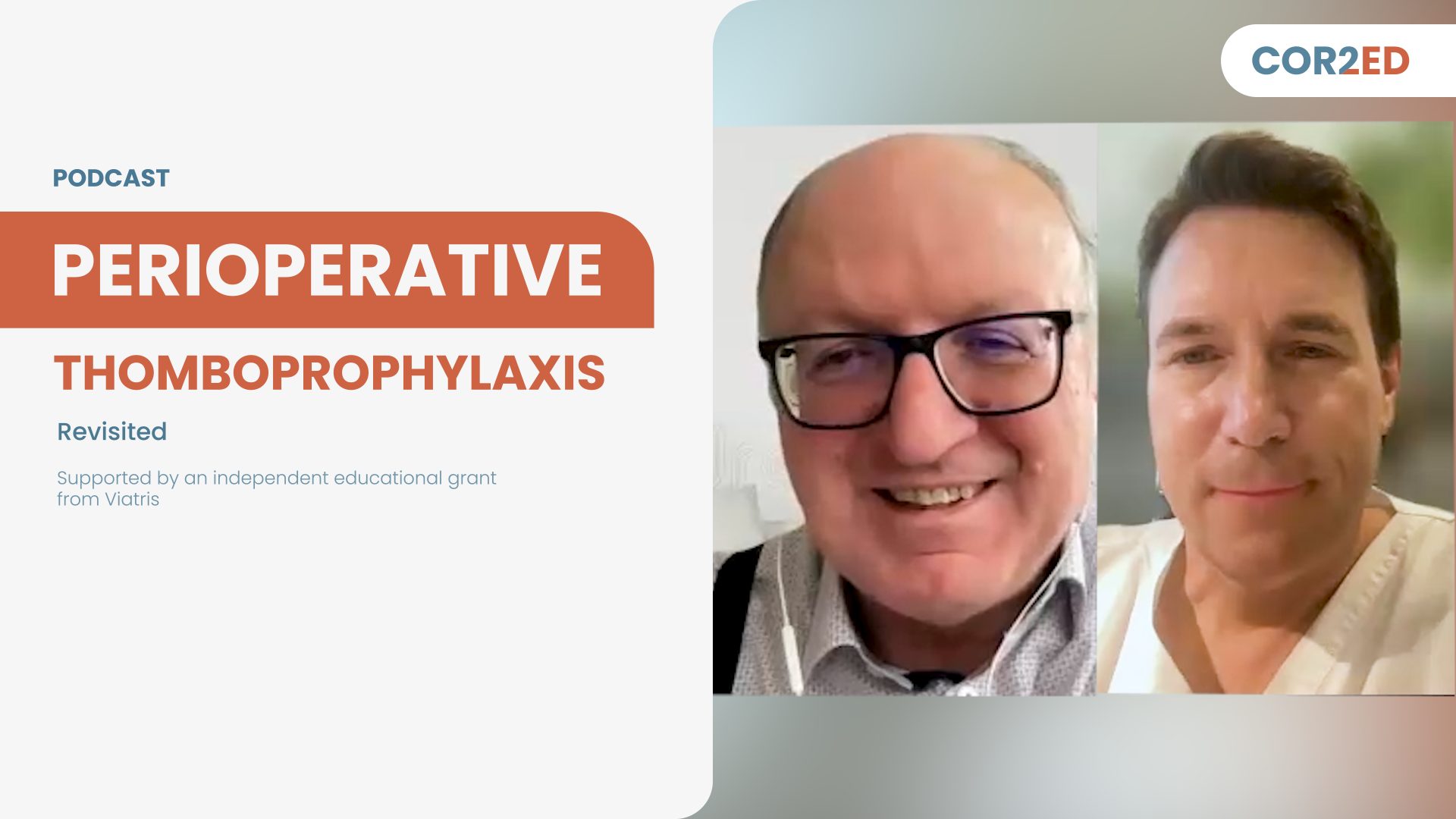
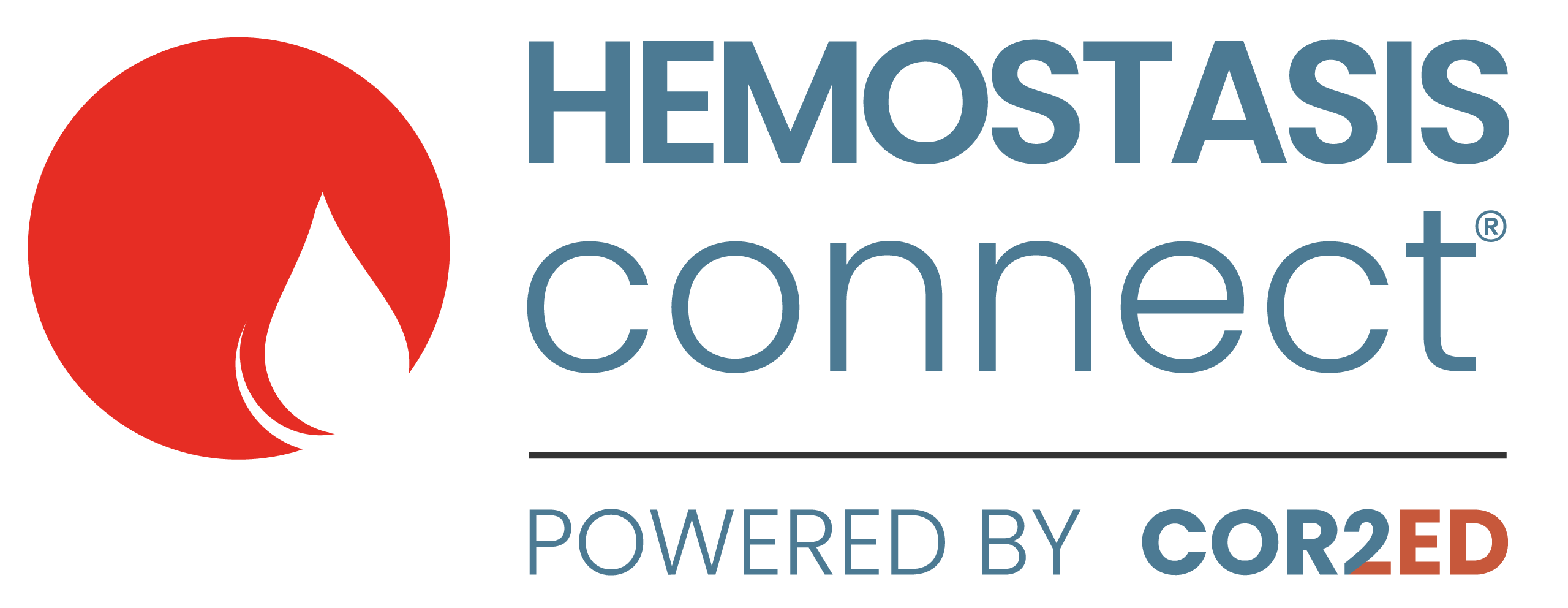



 Downloadable
Downloadable  5 MIN
5 MIN
 Jun 2025
Jun 2025 






